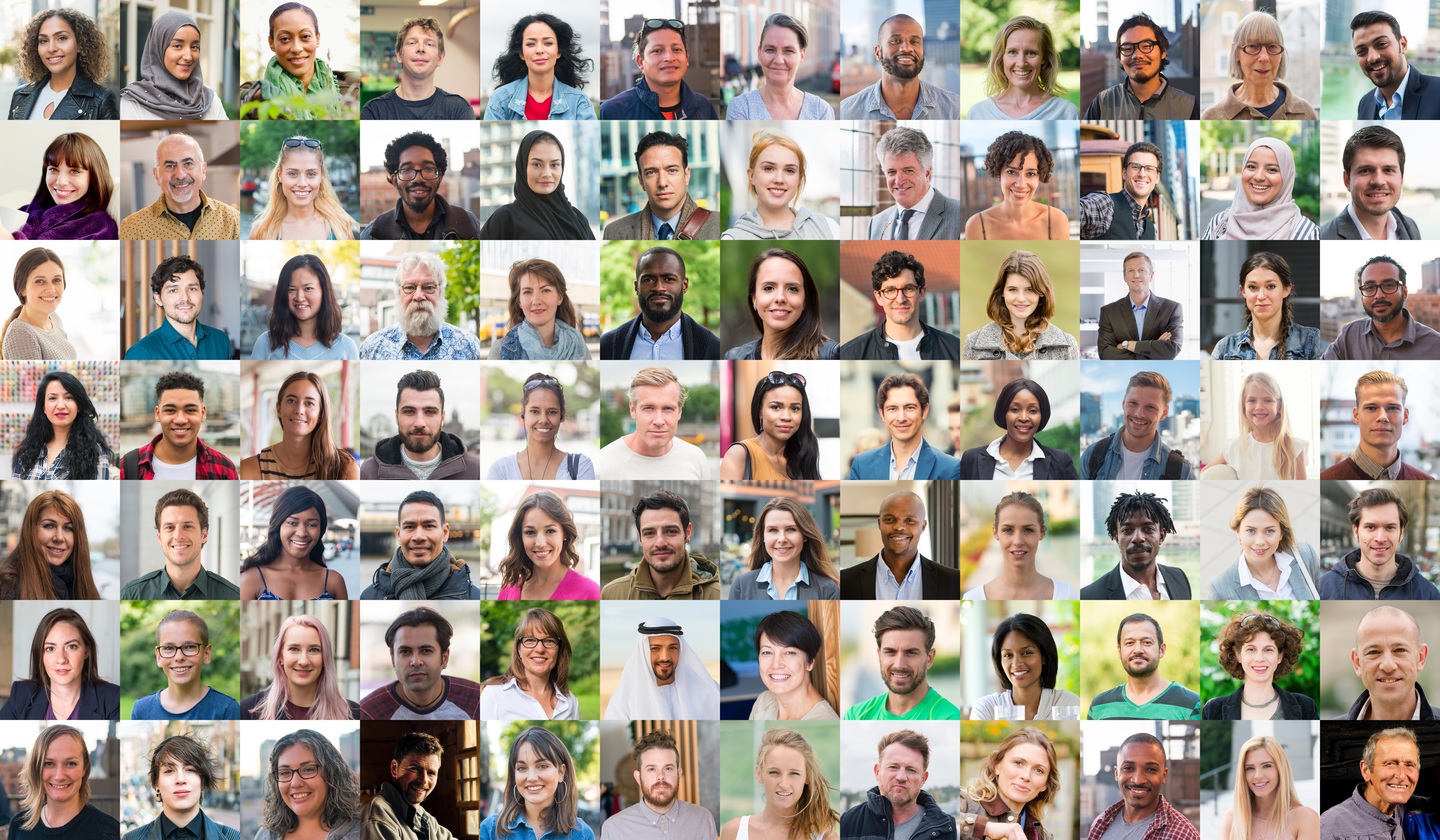Who Is Affected?
Domestic ABUSE can affect anyone.

Learn about who is affected
-
Facts & Stats
-
1 in 3 women and 1 in 4 men in the U.S. report experiencing abuse from a spouse or intimate partner.
-
South Carolina has historically been in the top 10 deadliest states in the nation for men killing women since 1996 when the Violence Policy Center has kept the statistics. We have even been #1 several times as recently as 2015. The latest Violence Policy Center report, released in late September 2021, has S.C. ranked at #11 in the U.S. for women killed by men.
-
Greenville County often has the highest # of reported domestic abuse incidents in SC annually.
-
The rate of Black women murdered by men is more than two times that of white women.
-
1 in 3 teens report knowing a friend or peer who has been physically abused by a partner.
-
Women of color and immigrant women often face additional barriers, such as discrimination or fear of deportation, making it more difficult to seek help.
Learn More:-
NCADV's Domestic Violence Statistics
-
National Domestic Violence Hotline's Domestic Violence Statistics
-
CDC's Facts and Resources on Intimate Partner Violence
-
-
Men
While women are typically the ones being abused and men are typically the abusers, there are men who face abuse from their intimate partners. In fact...
- 1 in 4 men experience abuse from an intimate partner
- 1 in 4 men have been physically abused by their partner
- 1 in 7 men have been severely physically abused by their partner
Men who are abused often feel they cannot seek help due to the stigma associated with being a male victim. Not only are men survivors of domestic abuse but men can and should play an important role in ending domestic abuse. Reach out to Safe Harbor to learn more about how men can help us in the work of ending domestic abuse.
Learn More: -
People of Color
While anyone can experience abuse from an intimate partner, factors such as racism, discrimination, immigration status, and poverty can make it more difficult for people of color to find or even ask for help. Some of those factors include:
- Cultural or religious beliefs that restrain the victim from leaving the abusive relationship or involving outsiders
- Strong loyalty binds to race, culture and family
- Distrust of law enforcement, the criminal justice system and social services
Learn More:- Women of Color Network's Domestic Violence in Communities of Color
- Article from Coburn Place: A Layered Look at Domestic Violence in the Black Community
- Asian Pacific Institute on Gender-Based Violence's Statistics on Violence Against API Women
- NCADV's Facts about Domestic Violence Against American Indian and Alaska Native Women
- National Congress of American Indians' Violence Against American Indian and Alaskan Native Women
-
LGBTQIA+ Community
People in the LGBTQIA+ community experience domestic abuse at the same or even higher rates than their straight and cisgender counterparts. Though individuals who harm may use some of the same tactics used in heterosexual relationships, they may also take advantage of homophobia and transphobia to abuse their partners. Some examples of this include:
- Threatening to out their partner against their will
- Using hurtful slurs associated with being gay, bi or gender expansive
- Physical abusing body parts associated with gender, such as hair, breasts and genitals
- Damaging property associated with gender, such as binders, wigs, makeup or clothes
Learn More:- PrideLink, Julie Valentine Center and Safe Harbor's Domestic Violence & Sexual Assault Resources in Upstate SC Webinar
- Love is Respect's LGBT Power and Control Wheel
- National Domestic Violence Hotline's "LGBTQ Relationship Violence"
- NCADV's "Domestic Violence and the LGBTQ Community"
- Women Against Abuse's "LGBTQ Relationships"
- NCADV's "Who is Doing What to Whom? Determining the Core Aggressor in Relationships Where Domestic Violence Exists."
- PFLAG'S National Glossary of Terms
- Glosario de Términos LGBT del National LGBT Health Education Center
- National LGBTQ Institute on IPV
-
People with Disabilities
While anyone can be a victim of intimate partner abuse, people with disabilities are more likely to experience abuse than people without disabilities. Abusers take advantage of the barriers people with disabilities face and use them against them. Some examples of this include:
- Taking their partner's Social Security disability benefits
- Using hurtful words relating to the disability to shame their partner
- Invalidating their partner's disability by saying things like "it's all in your head" or "you're faking it"
Learn More:- National Domestic Violence Hotline's "Domestic Violence and People with Disabilities"
-
Immigrants
Abusers may use their partner's immigration status as a way to exert power and control over them. Some examples of this include:
- Isolation: Abusers may prevent their partner from learning English, or communicating with friends from their home countries. 48% of Latina women who had experienced abuse said the abuse increased when they came to the United States.
- Threats: Abusers may threaten to call ICE on their partner, or withdraw petitions for legal status.
- Intimidation: Abusers may destroy important legal documents such as passports, lawful permanent resident (green) cards, or driver's licenses
Learn More:- National Domestic Violence Hotline's "Immigrants in the US have the right to live life free of abuse"
- Futures Without Violence's Facts on Immigrant Women and Domestic Violence
- Casa de Esperanza's Immigrant Rights
-
Check out the Immigrant Power and Control Wheel by the National Center on Domestic and Sexual Violence
-
Vean la Rueda de Poder y Control de Inmigrantes creada por el National Center on Domestic and Sexual Violence


